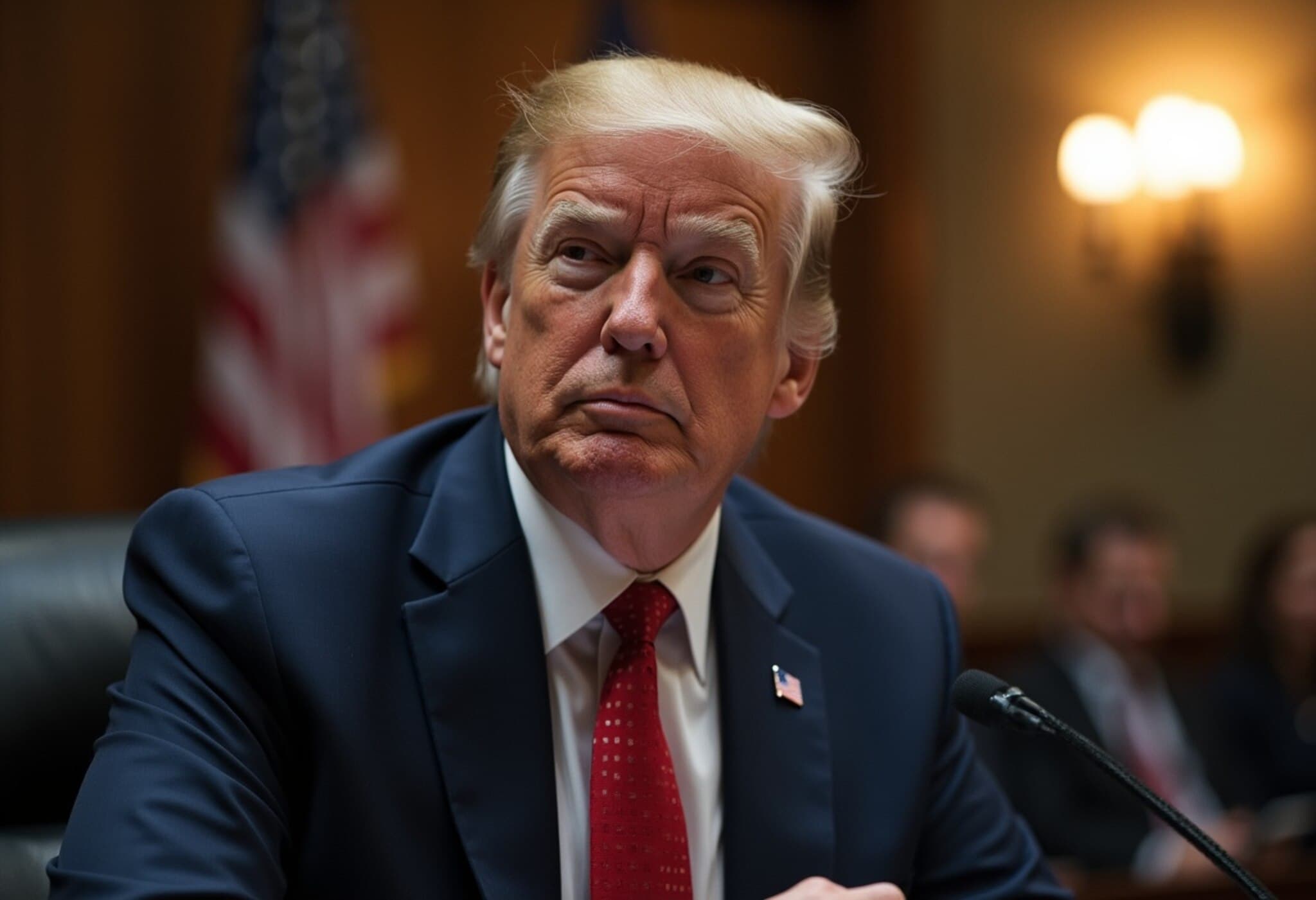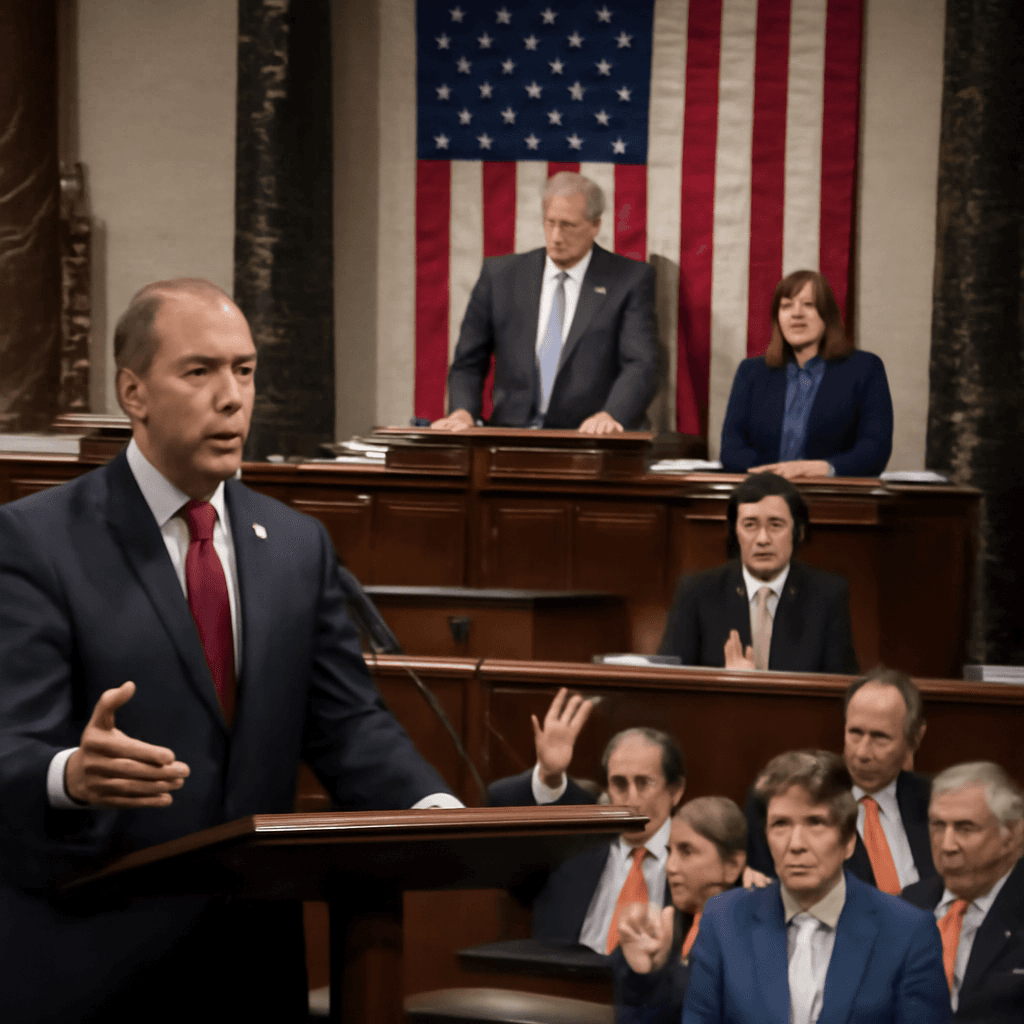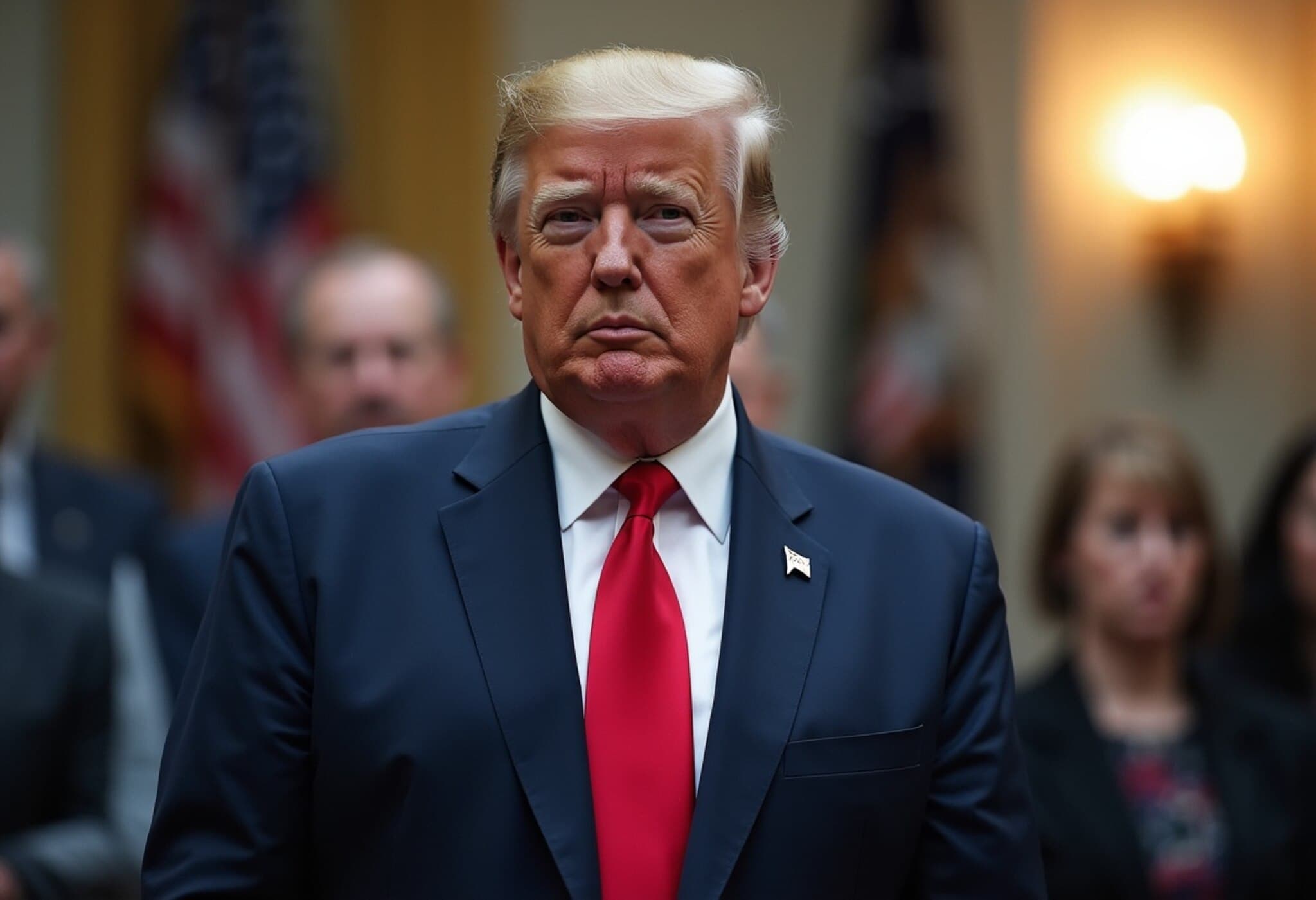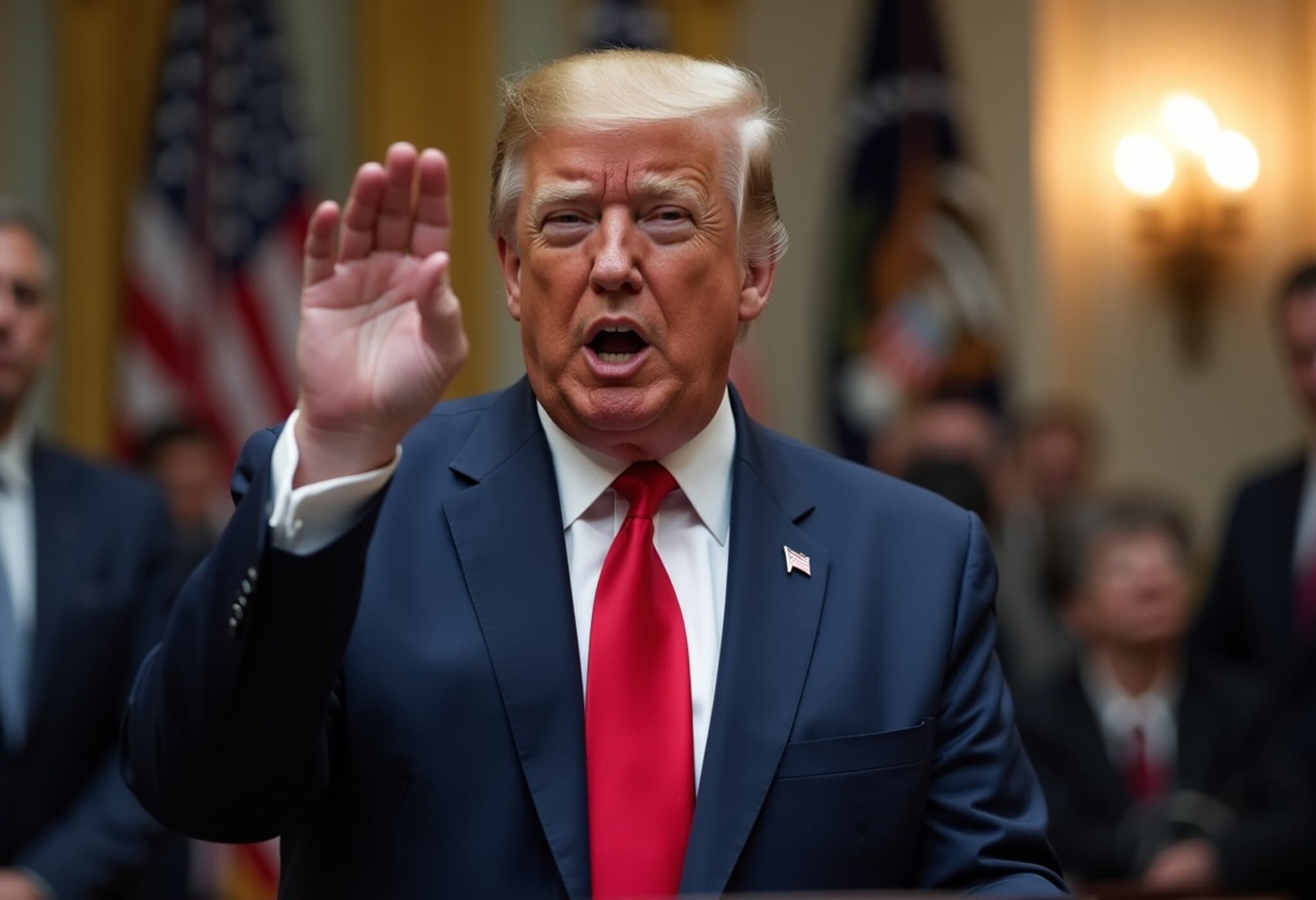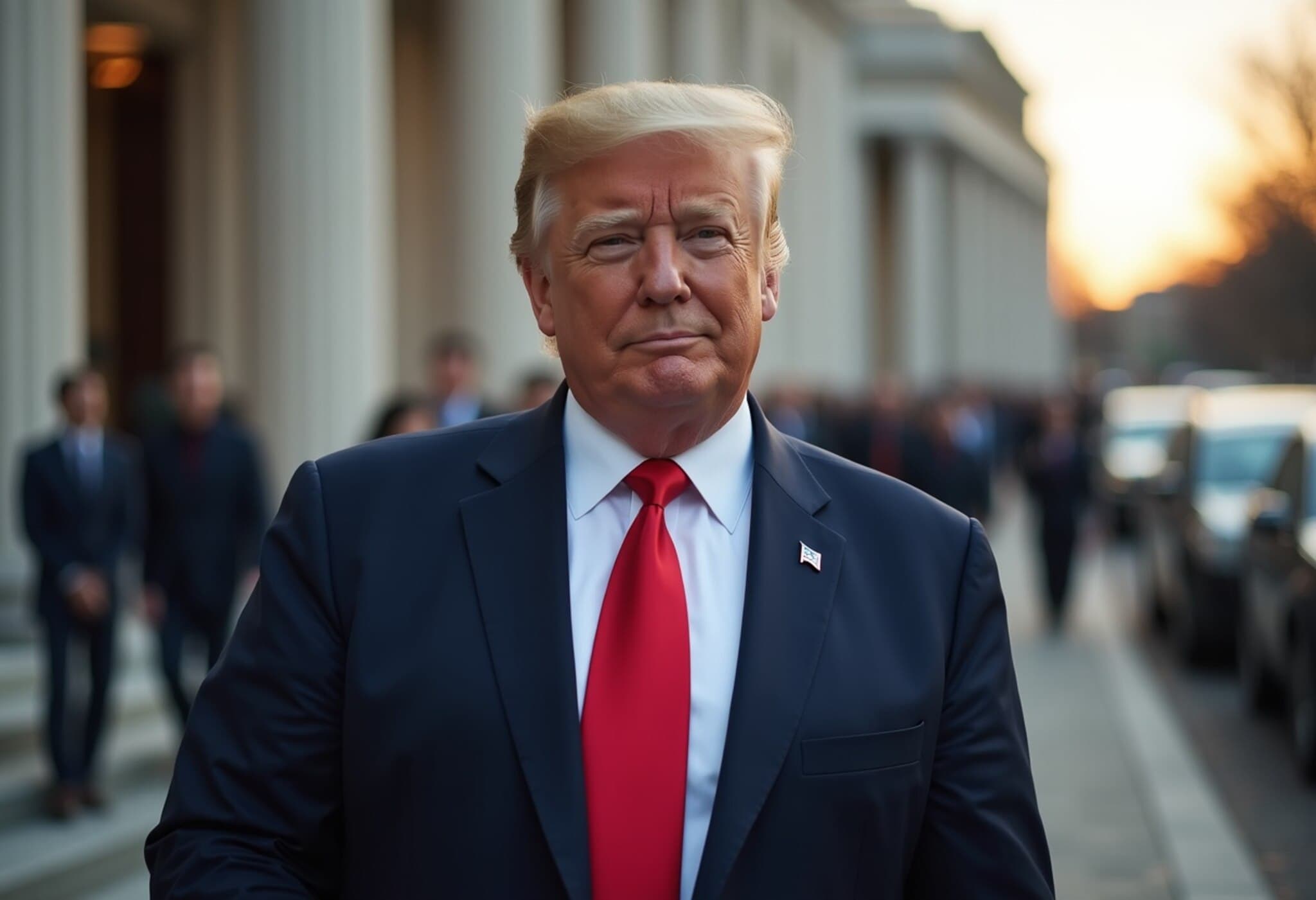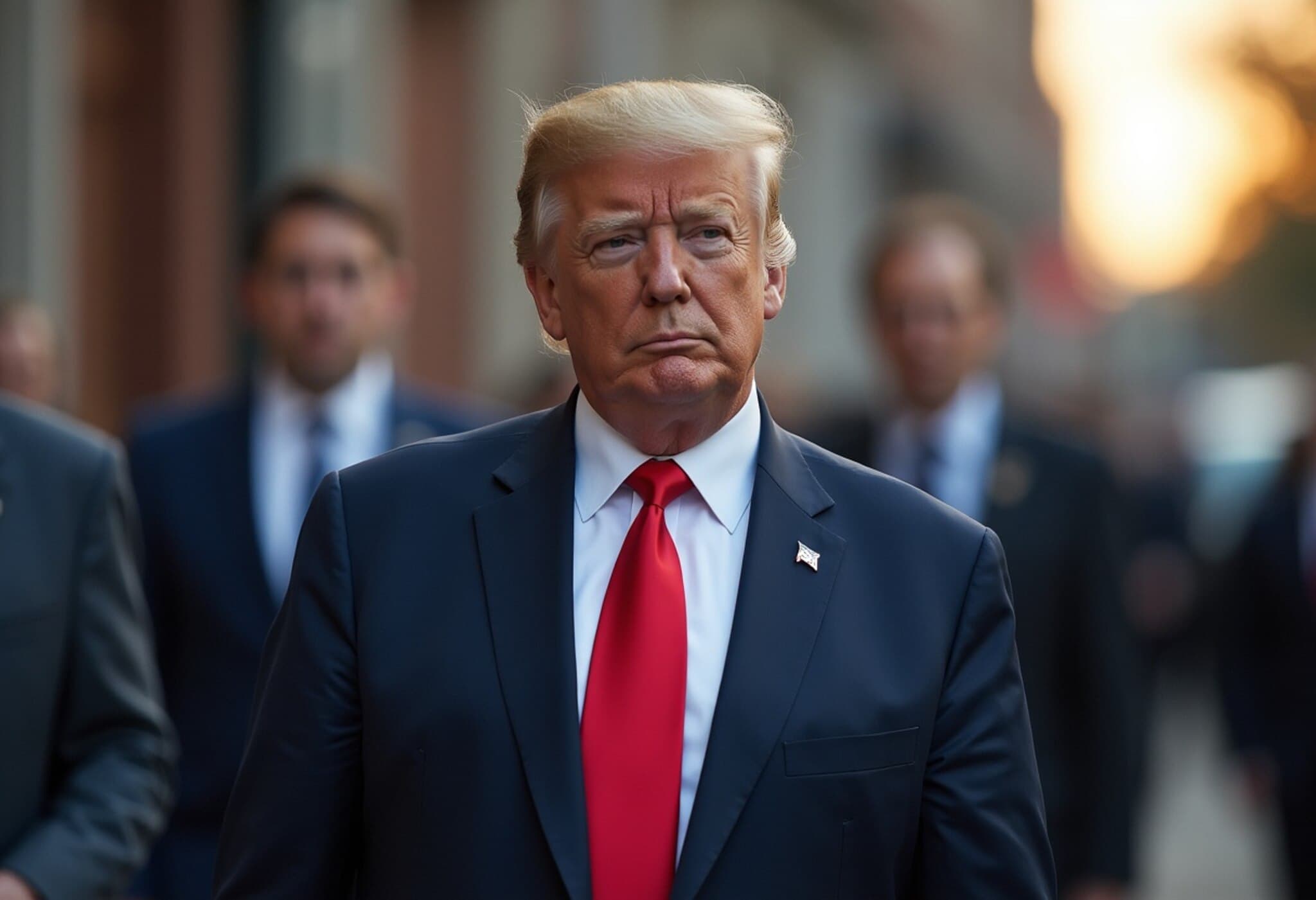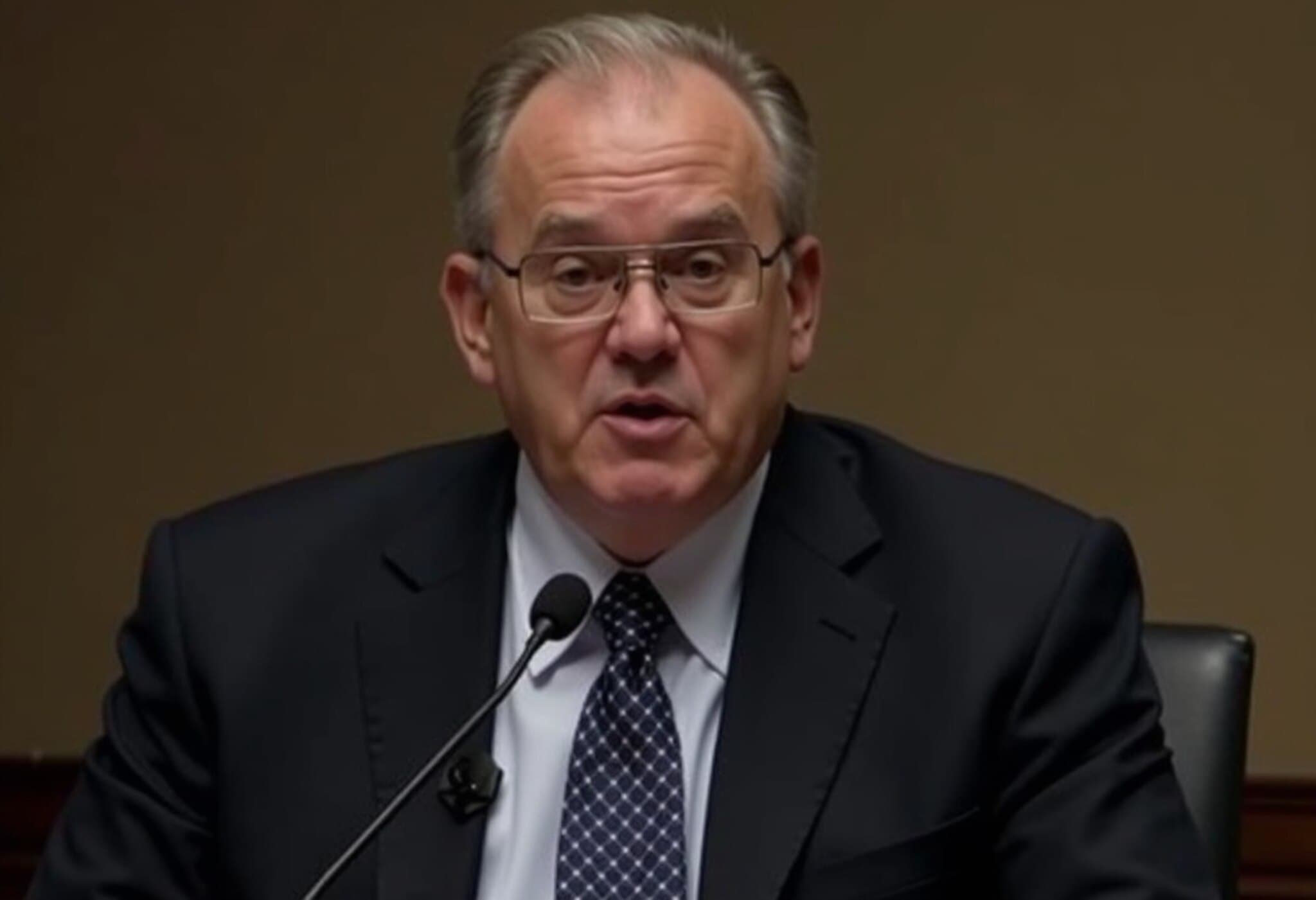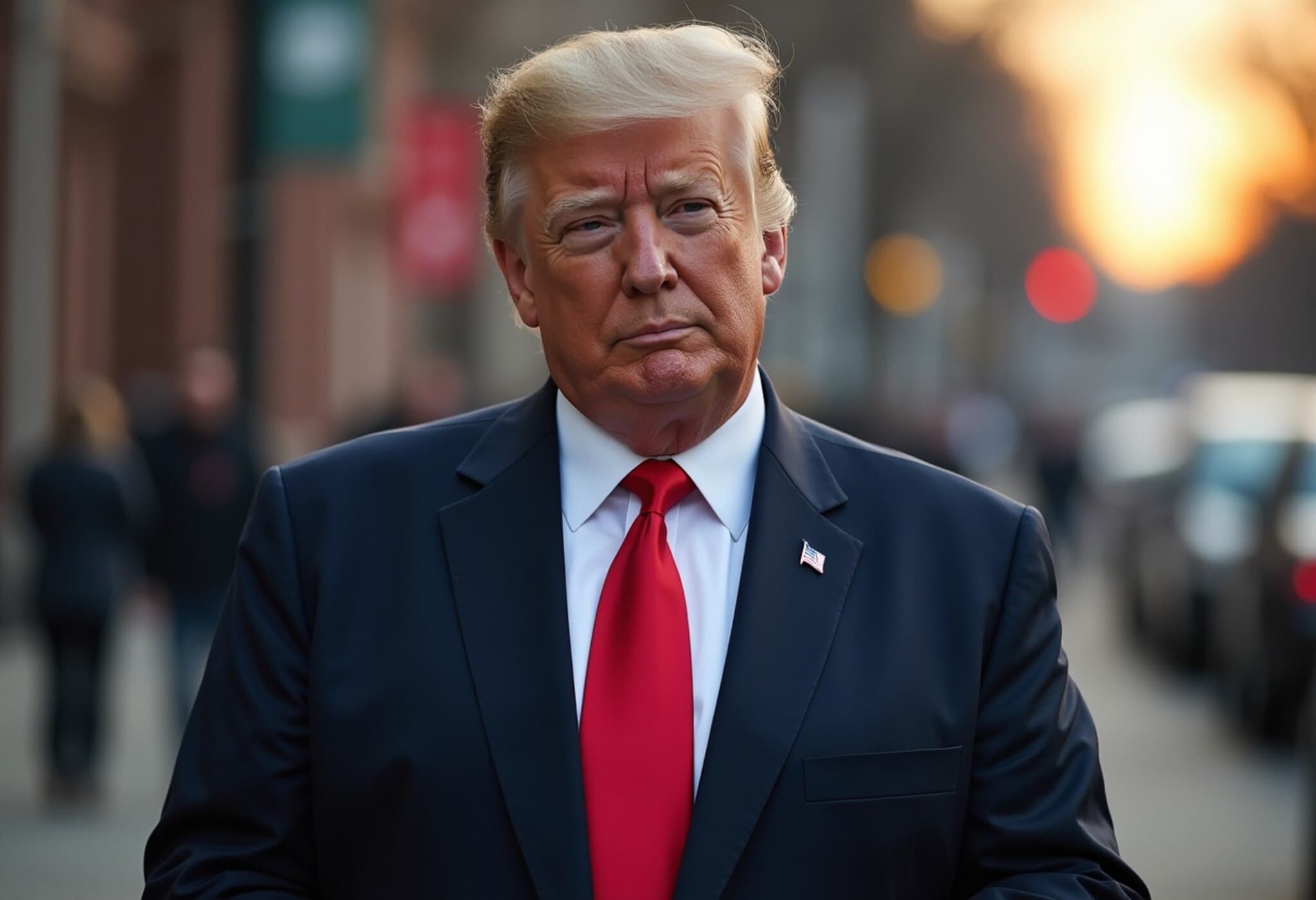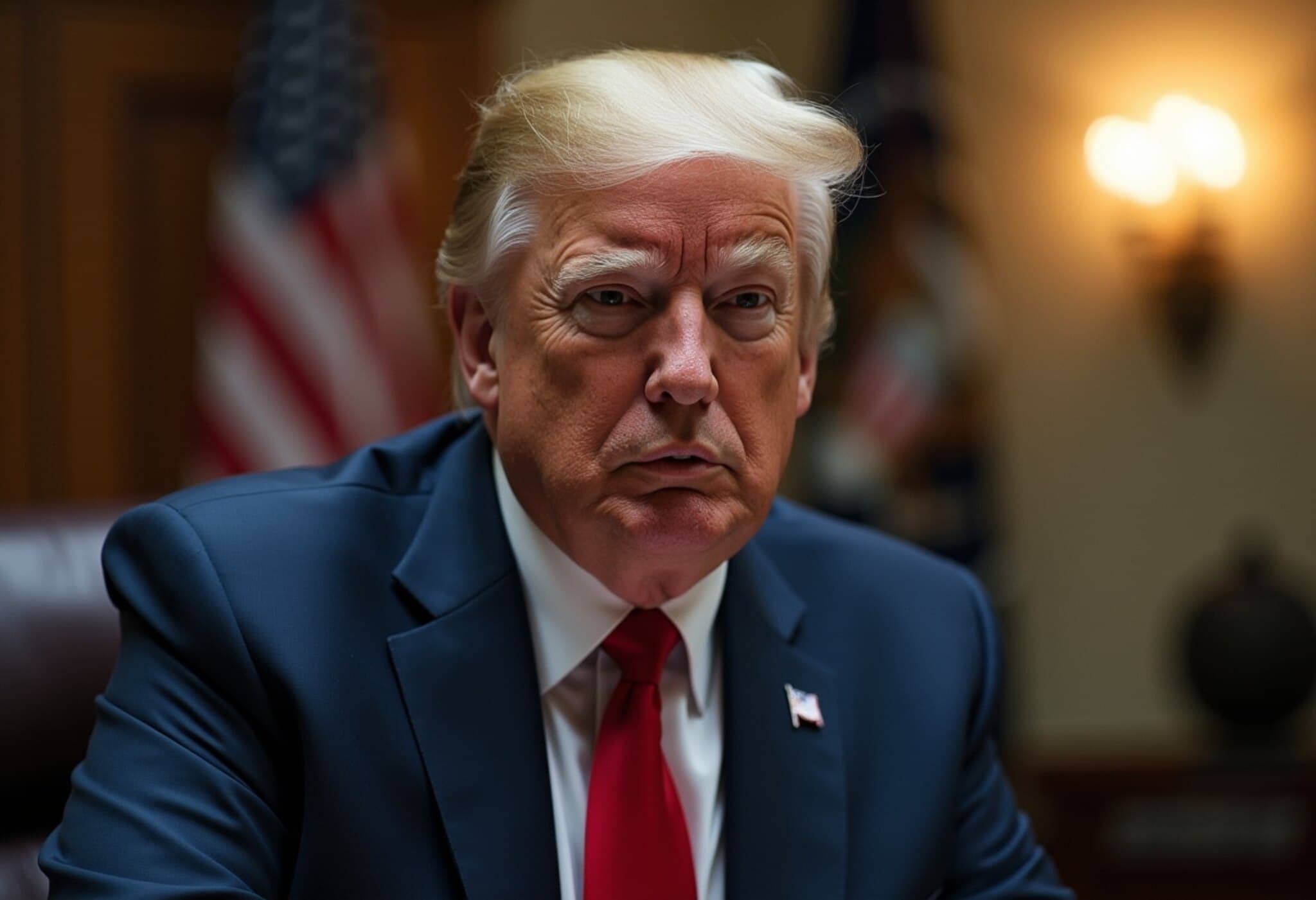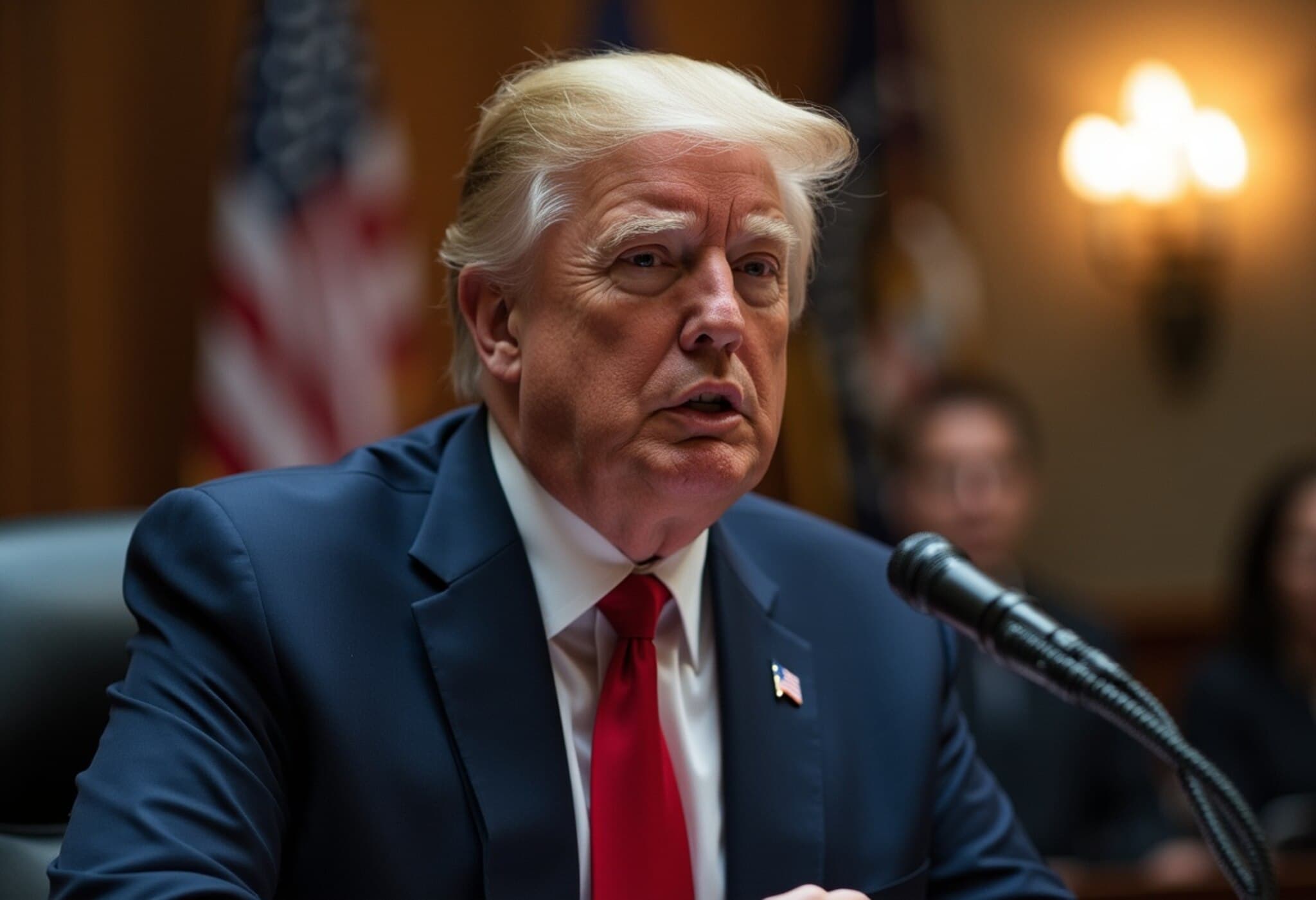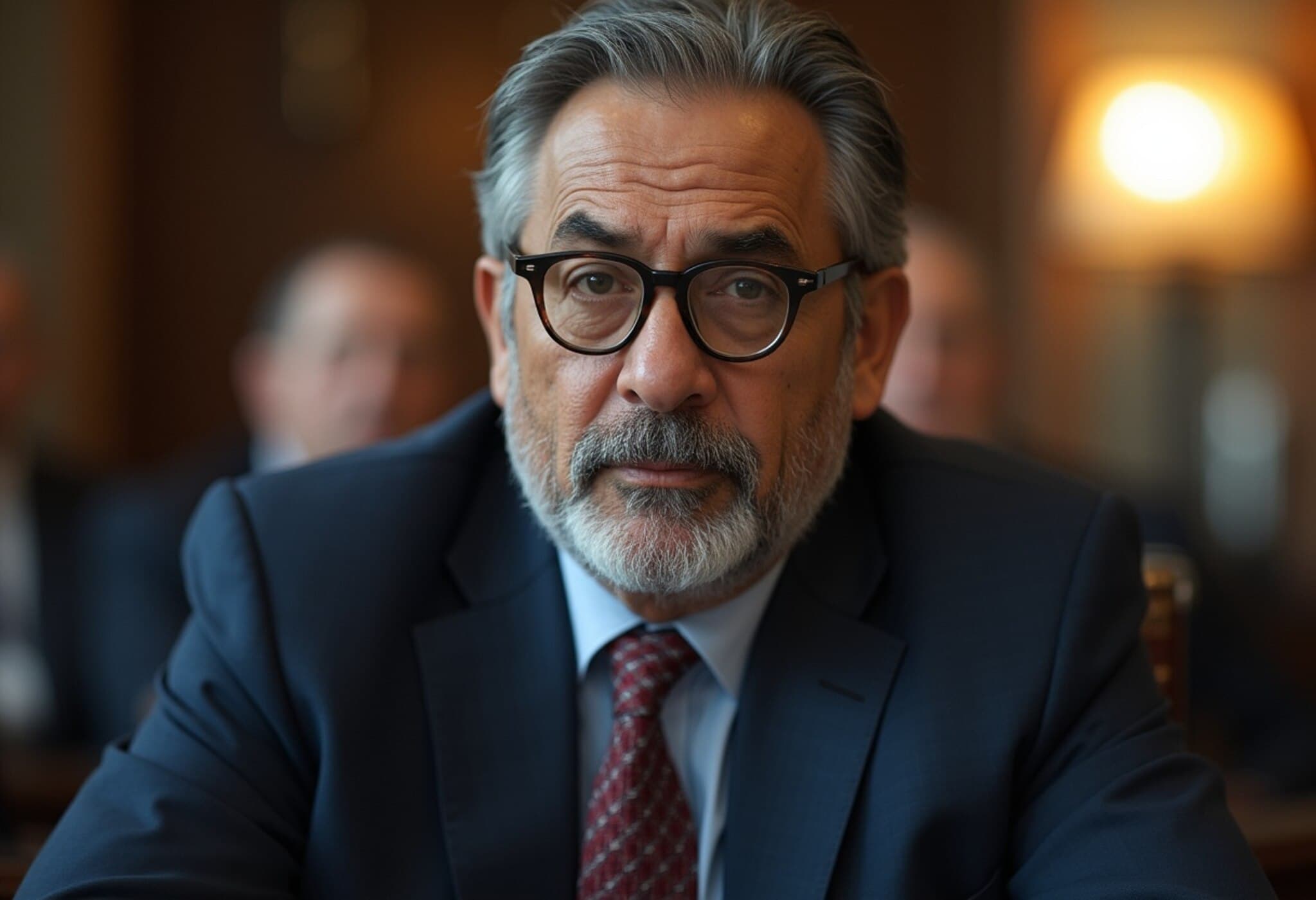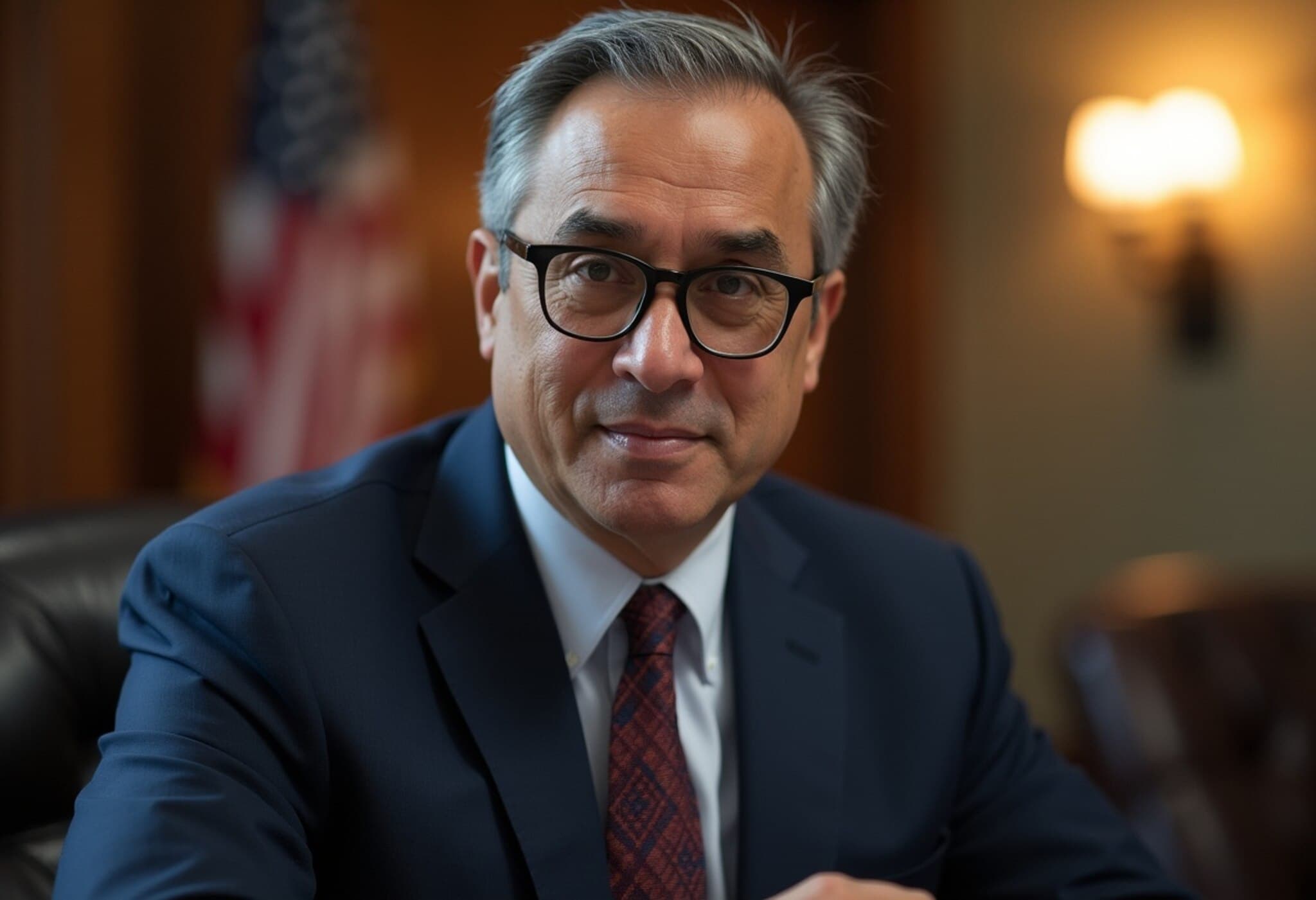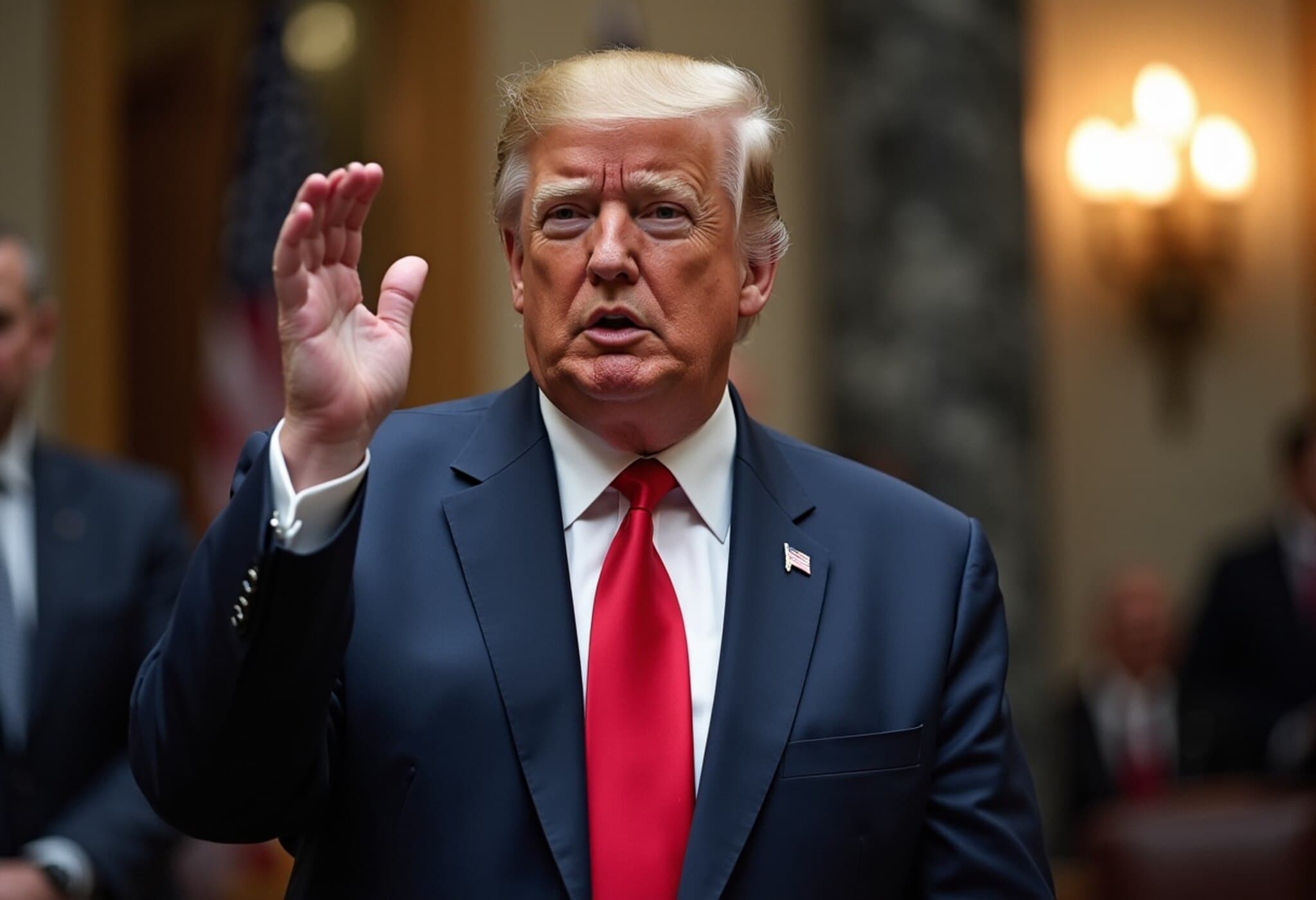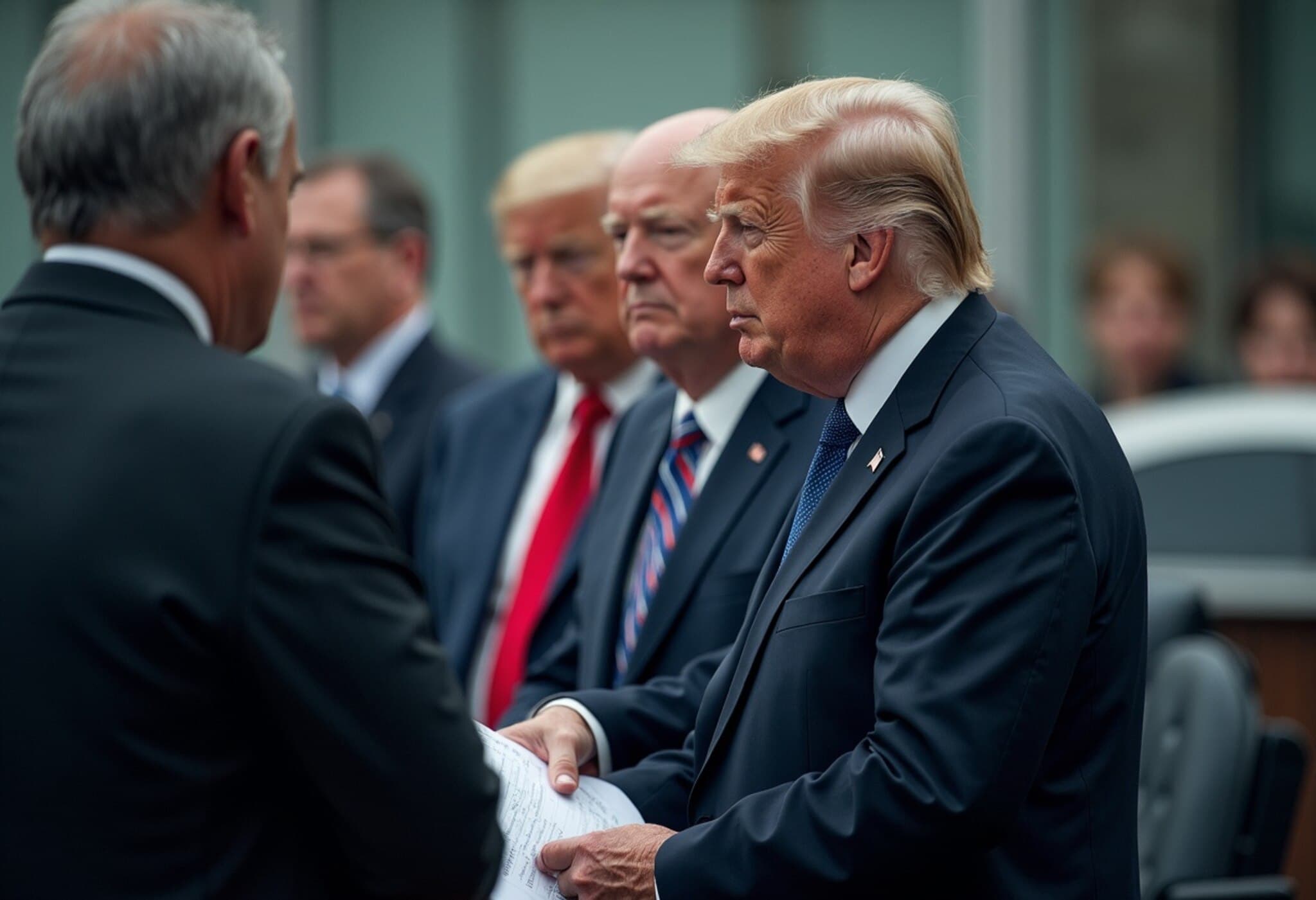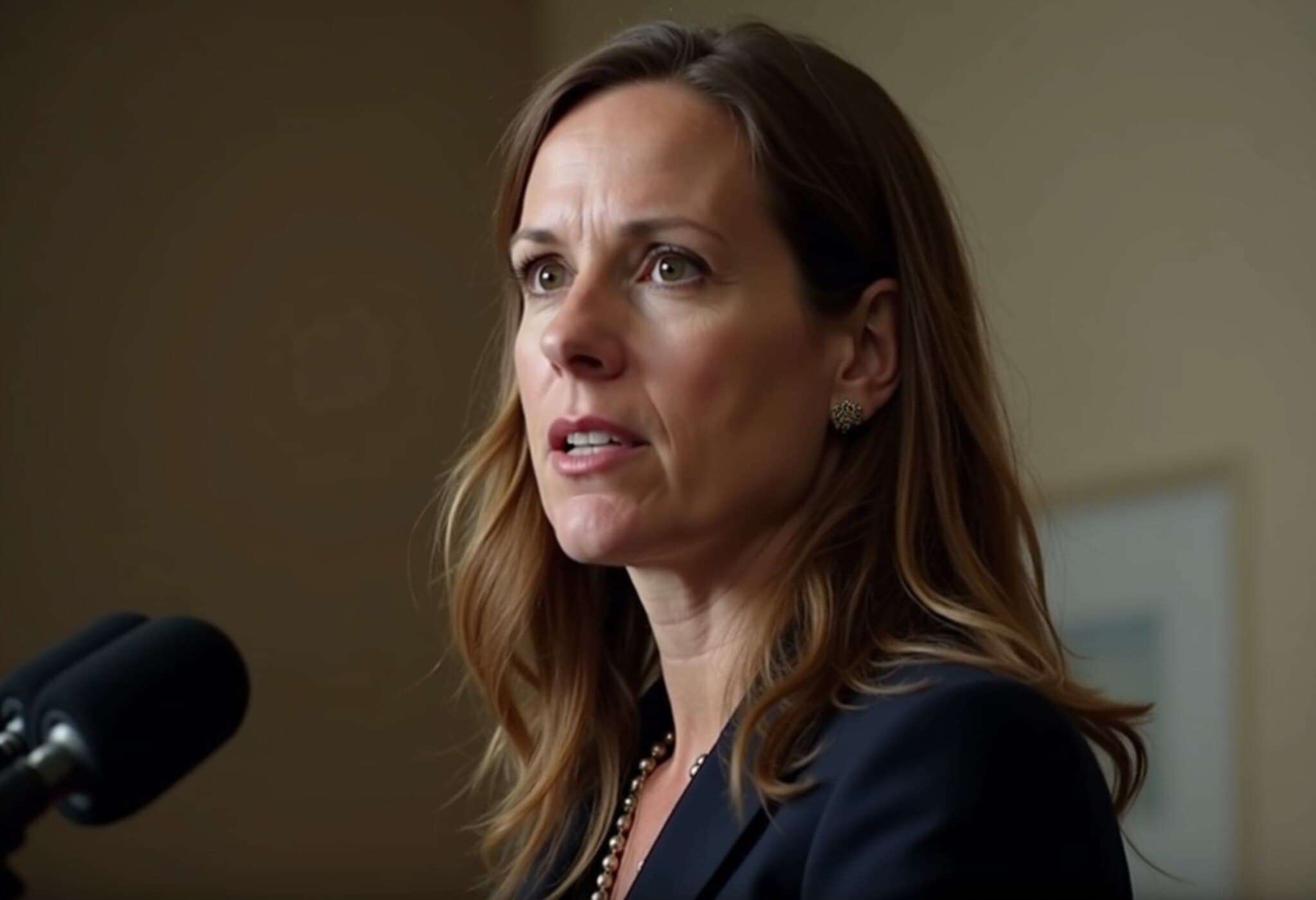High-Level Clashes Within Trump Administration Amid Epstein Investigation Disputes
In a rare public display of discord, senior officials within the Trump administration reportedly locked horns at the White House over the handling of the Jeffrey Epstein sex trafficking probe. The friction culminated in Deputy FBI Director Dan Bongino threatening resignation following a contentious clash with Attorney General Pam Bondi.
Background: Epstein Investigation and Political Pressure
Jeffrey Epstein, a financier who faced federal charges for sex trafficking before his mysterious death in jail in 2019, has long been the subject of intense public scrutiny and conspiracy theories. The Justice Department and FBI have maintained there is no evidence supporting claims of a “client list” involving powerful figures or foul play relating to Epstein’s death. Yet, persistent rumors have fueled frustration, especially among far-right Trump supporters expecting the administration to reveal damning files.
Internal Strife: A Rift Between Bongino and Bondi
Sources familiar with the matter disclosed that a heated argument erupted between Bongino and Bondi inside the White House on Wednesday. The conflict was partly triggered by a NewsNation report highlighting disagreements between the FBI and the Justice Department about the investigation's communication strategy. According to The New York Times, Bondi accused Bongino of unauthorized media leaks, sparking deeper tensions.
Far-right activist Laura Loomer, known for her close ties to Trump, signaled Bongino’s possible resignation via social media, noting his silence since the confrontation—a marked departure for the typically vocal former law enforcement official.
The Official Response and Attempted Damage Control
Deputy Attorney General Todd Blanche moved quickly to quell speculation, publicly affirming on social media that both FBI Director Kash Patel and Bongino had collaborated on and endorsed the joint memo addressing the investigation. He stressed that claims of discord between the FBI and Justice Department leadership were “patently false.”
The White House echoed this sentiment, emphasizing the unity and professionalism of its “law and order team.” Harrison Fields, the White House spokesperson, framed the ongoing work as seamless and dedicated to justice, dismissing narratives of internal division as distractions from progress.
Changing Narrative: From Conspiracy to Official Findings
Interestingly, both Bongino and Patel initially propagated Epstein conspiracy theories prior to their appointments this year but have since backed the official finding that Epstein died by suicide. This shift reflects the complex dynamics inside the administration, balancing political pressures with legal realities.
Despite the administration’s promise of transparency, the release of a video intended to prove Epstein’s suicide only fueled further conspiracy theorizing, due to a missing minute in the footage. This episode underscores how difficult it has been to satisfy a polarized public.
Underwhelming Disclosure and Persistent Discontent
Earlier this year, conservative influencers were presented with “The Epstein Files: Phase 1,” touted as declassified evidence, only to discover it contained documents largely already public. Bondi had promised a trove of previously undisclosed evidence, but a recent departmental memo concluded no further disclosures were warranted or appropriate, citing court seals protecting victims’ privacy.
The decision to keep much of the material confidential exacerbates frustrations among Trump loyalists who hoped for revelations to underpin claims of a deep-state cover-up. During a recent cabinet meeting, President Trump himself appeared dismissive when asked about the continued focus on Epstein, referring to it as a “desecration” amid broader successes.
Expert Commentary: Navigating the Epstein Saga's Political Landmines
From a legal and policy perspective, the Trump administration’s struggle embodies the challenge of balancing transparency with the ethical obligation to protect victims’ identities. Experts note that while public interest demands thorough disclosure, the trauma surrounding sex trafficking cases necessitates sensitive handling. The administration's inability to satisfy a faction of its own base reflects broader tensions in American political discourse over truth, trust, and governance in highly charged investigations.
Furthermore, the internal clashes risk undermining public confidence in institutions tasked with justice administration, at a time when conspiracy theories thrive on perceived opaqueness. The episode illustrates the high stakes of managing politically volatile investigations within an administration, where legal conclusions can clash with political narratives.
Key Takeaways
- Bongino’s potential resignation signals serious internal fractures within the FBI and Justice Department.
- Continued airing of conspiracy theories complicates the Justice Department’s efforts to provide factual closure.
- The administration faces mounting pressure balancing public transparency, victim protection, and political expectations.
- Tensions reveal deeper divisions in how powerful political factions interpret and demand justice.
Editor’s Note
The Epstein investigation remains a lightning rod symbolizing broader societal battles over truth, accountability, and institutional integrity. This internal discord among top officials is more than a clash of personalities—it reflects fragile trust in the justice system and the political pressures shaping law enforcement today. As more information unfolds, observers must ask: Can transparency and justice coexist in such a charged climate, or do political divides doom efforts at full disclosure? The answers will shape public confidence long after the headlines fade.

